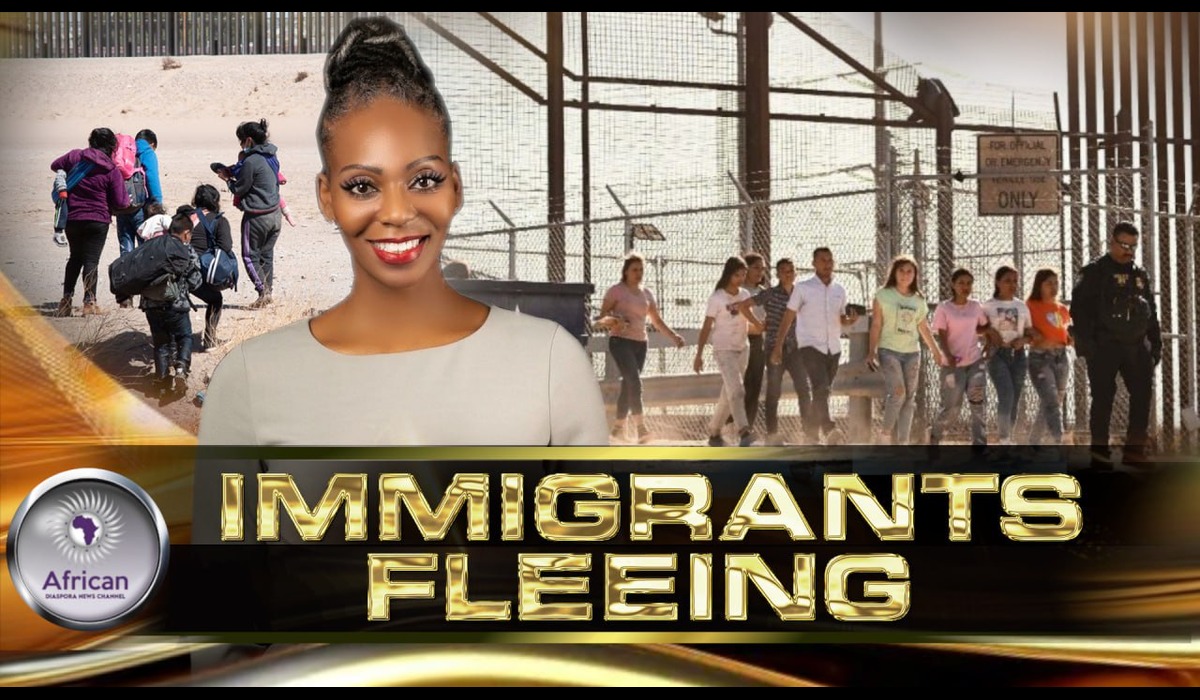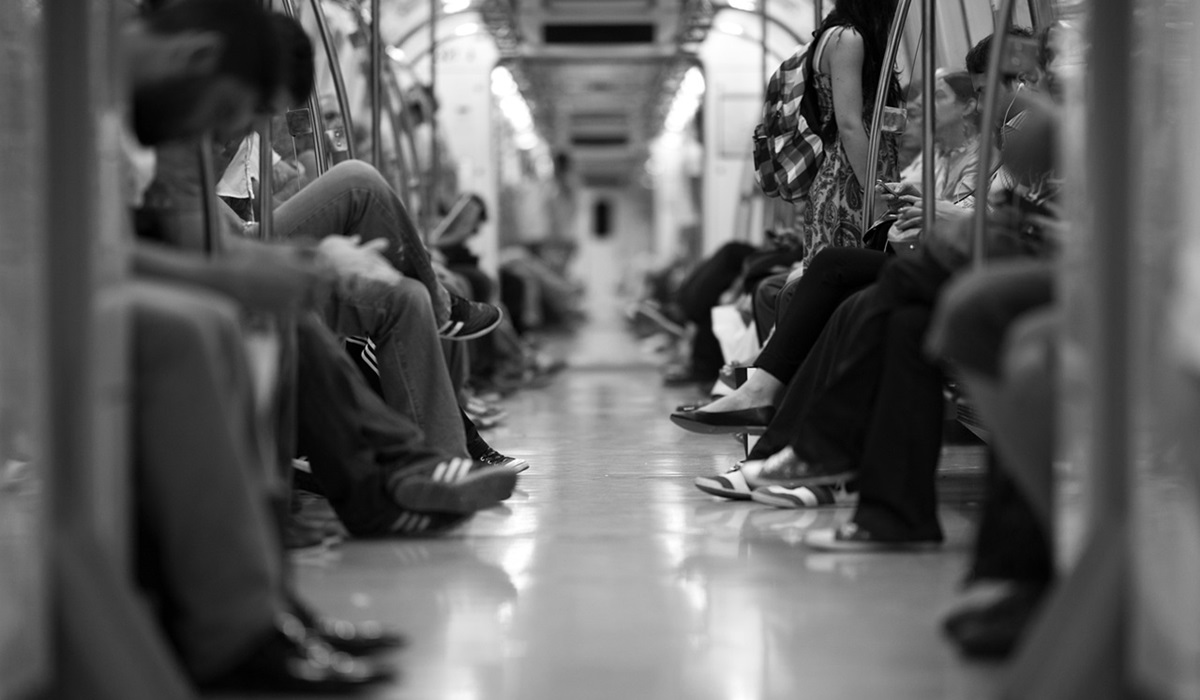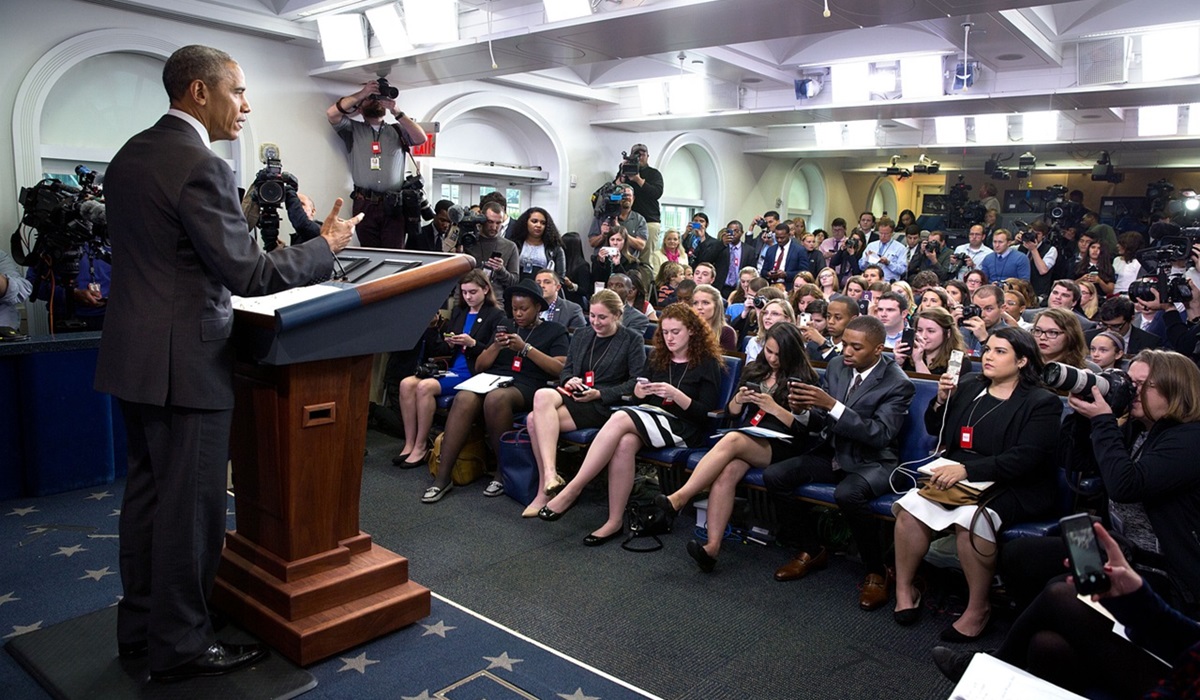Detained Children Left Out Of Covid-19 Response
- TDS News
- U.S.A
- Midwest USA
- Southern USA
- May 14, 2020
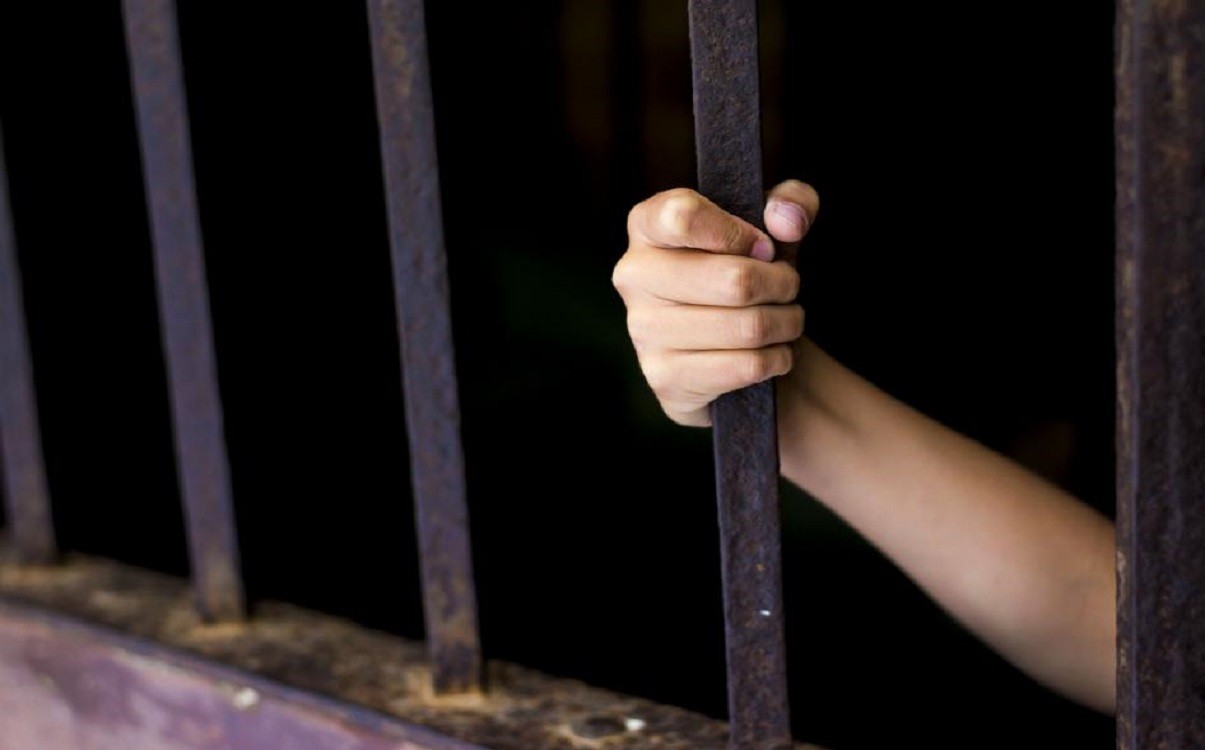
Detained Children Left Out Of Covid-19 Response. Detainees Are Particularly Vulnerable And Need Help
Step Up Releases from Jails, Prisons
(New York) – Many governments are not addressing the safety of detained children in their Covid-19 response, Human Rights Watch said today. Available data indicates that the virus is spreading rapidly through closed facilities, including jails and prisons.
Only about 20 countries are known to have released children from detention facilities in efforts to limit the impact of Covid-19. A global survey of media reports found that, by comparison, adult detainees have been released in at least 79 countries in response to the pandemic. While in Afghanistan, Chad, Indonesia, and South Sudan children have been explicitly included in release orders, in most other countries, they have reportedly been left out.
“Child detainees seem to be an afterthought, if they are considered at all, by many governments responding to the Covid-19 crisis,” said Jo Becker, children’s rights advocacy director at Human Rights Watch. “Governments should act to substantially reduce the number of children in detention facilities.”
Detainees are particularly vulnerable to infection due to close proximity and a higher incidence of underlying medical conditions. Access to water, sanitation, and basic medical services is often poor. In many countries, prisons are severely overcrowded.
In March, 2020, the United Nations high commissioner for human rights, Michelle Bachelet, appealed for urgent action to prevent Covid-19 from “rampaging” through places of detention. In the United States, Ohio’s Marion Correctional Institute has one of the highest Covid-19 infection rates in the world – more than 80 percent of the prison’s 2,000 inmates have tested positive for the virus. At a juvenile detention center in the same state, nearly half of the children detained have tested positive.
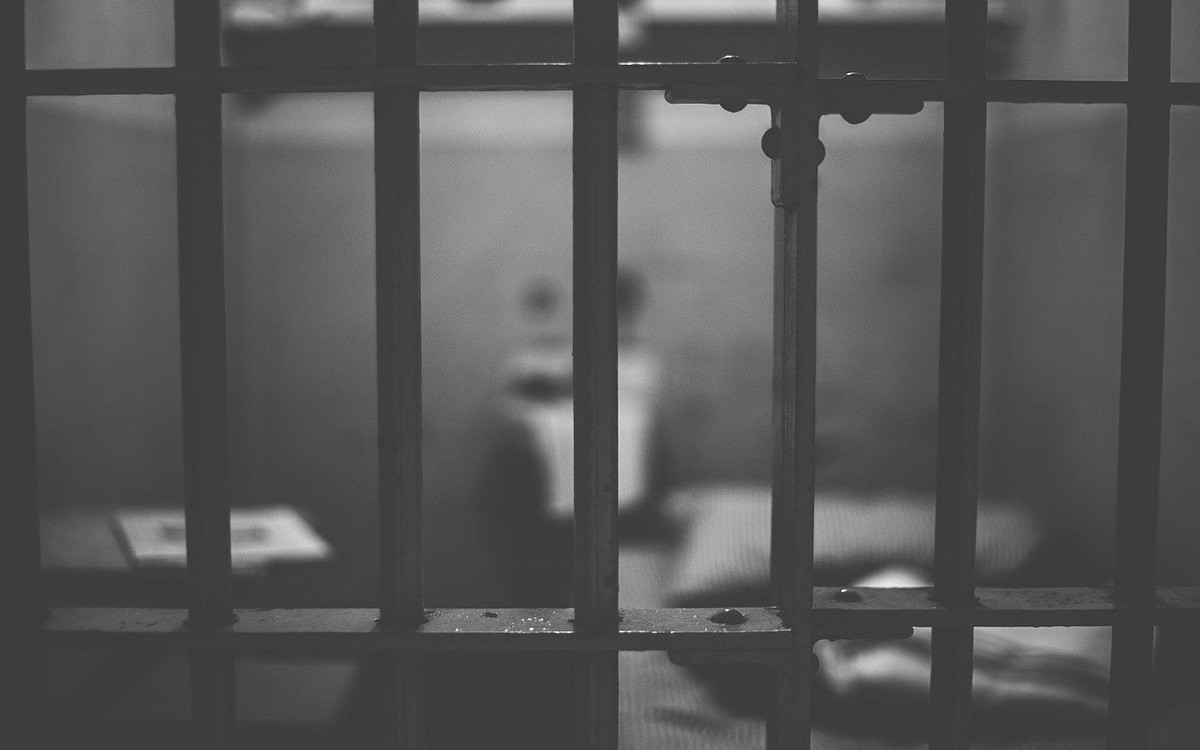
A 2019 global UN study found that on any given day, hundreds of thousands of children are detained in justice systems worldwide, and that as many as a million children are held in police custody each year. The study found that nearly three-quarters are in pretrial detention and have not been convicted of any offense. Many are held for “status” offenses such as truancy, running away from home, disobedience, underage drinking, and consensual sexual activity between teenagers. Studies in the US have concluded that most juvenile offenders could be released without jeopardizing public safety.
Restrictions imposed on detention facilities to prevent the spread of Covid-19 may help protect children from the virus but often have other negative effects. Many facilities now prohibit face-to-face family contact and restrict children to their cells for 23 or more hours a day. Such isolation can amount to solitary confinement. UN experts recommend a complete ban on solitary confinement for juveniles and say that for adults, solitary confinement for more than 15 days constitutes torture. In the US and UK, nearly all educational programs have been suspended.
International human rights law prohibits detention of children except as a last resort. A large body of research has found that community-based alternatives to detention are often cheaper and have better outcomes, including lower recidivism rates.
On April 9, the UN children’s fund, UNICEF, and the Alliance for Child Protection in Humanitarian Action issued guidance regarding children in detention, urging governments to institute a moratorium on new children entering detention facilities, release all children who can be safely released, and protect the health and well-being of children who must remain in detention.
However, government release orders issued in response to Covid-19 have often prioritized older prisoners, nonviolent offenders, those who have served the majority of their sentence, women, and those in ill health – but did not include detained children. In Portugal, more than 1,500 adults have been released, but the Justice Ministry refused to release children, contending that juvenile detention facilities were under capacity and therefore safe. In South Africa, the president authorized parole for approximately 19,000 “low-risk” detainees nearing the end of their sentence, but children were not mentioned.
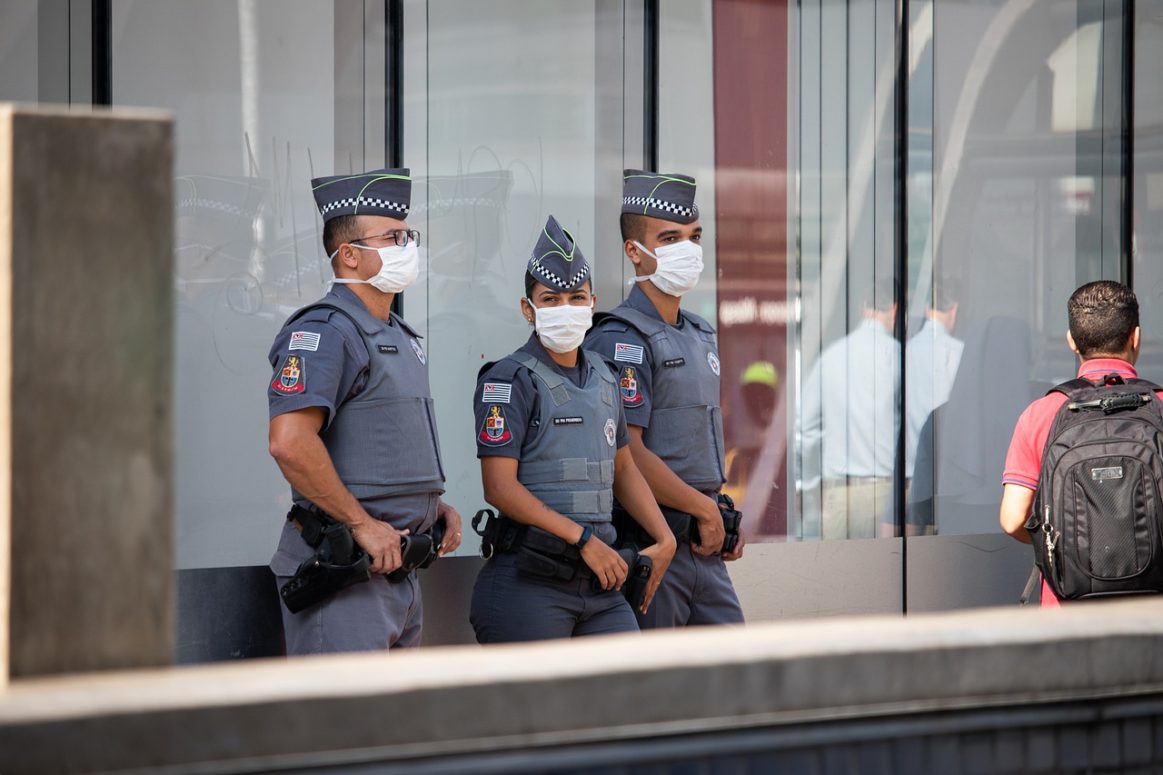
Afghanistan and Iraq have excluded from release detainees charged with terrorism or national security offenses, including association with armed groups. As a result, children who have been recruited as soldiers may be excluded from release orders. According to the UN, at least 2,588 children in conflict countries were detained for alleged association with armed groups in 2018. Under international law, children recruited illegally are victims and are entitled to rehabilitation and reintegration services.
Some jurisdictions have taken positive steps to release children or reduce the number of detained children in response to Covid-19. In Brazil’s São Paulo state, justice officials ordered the release of all children held for nonviolent crimes with staff follow-up after their release.
In the US, a recent survey of juvenile justice agencies across 30 states found a 24 percent drop in the juvenile population during March due to a sharp reduction in new admissions and earlier releases. In the US state of Maryland, a judge ordered local courts to find alternatives to detention for child offenders and to review detention orders every two weeks.
The authorities should release all children held in juvenile detention facilities, prisons, and other places of detention who are not a substantial and immediate safety risk to others, Human Rights Watch said. They should provide a safe placement to those who do not otherwise have a safe home to return to.
When deprivation of liberty is unavoidable, children should have access to adequate hygiene, sanitary conditions, and medical services, adequate space to enable “social distancing,” and screening and testing for Covid-19 according to the most recent recommendations of health authorities.
“Children should never be detained unless all other options have been exhausted,” Becker said. “The threat of Covid-19 makes the release of children all the more urgent.”
Also, Worth Reading
Over 70 New Affordable Homes To Open In Saanich B.C.


